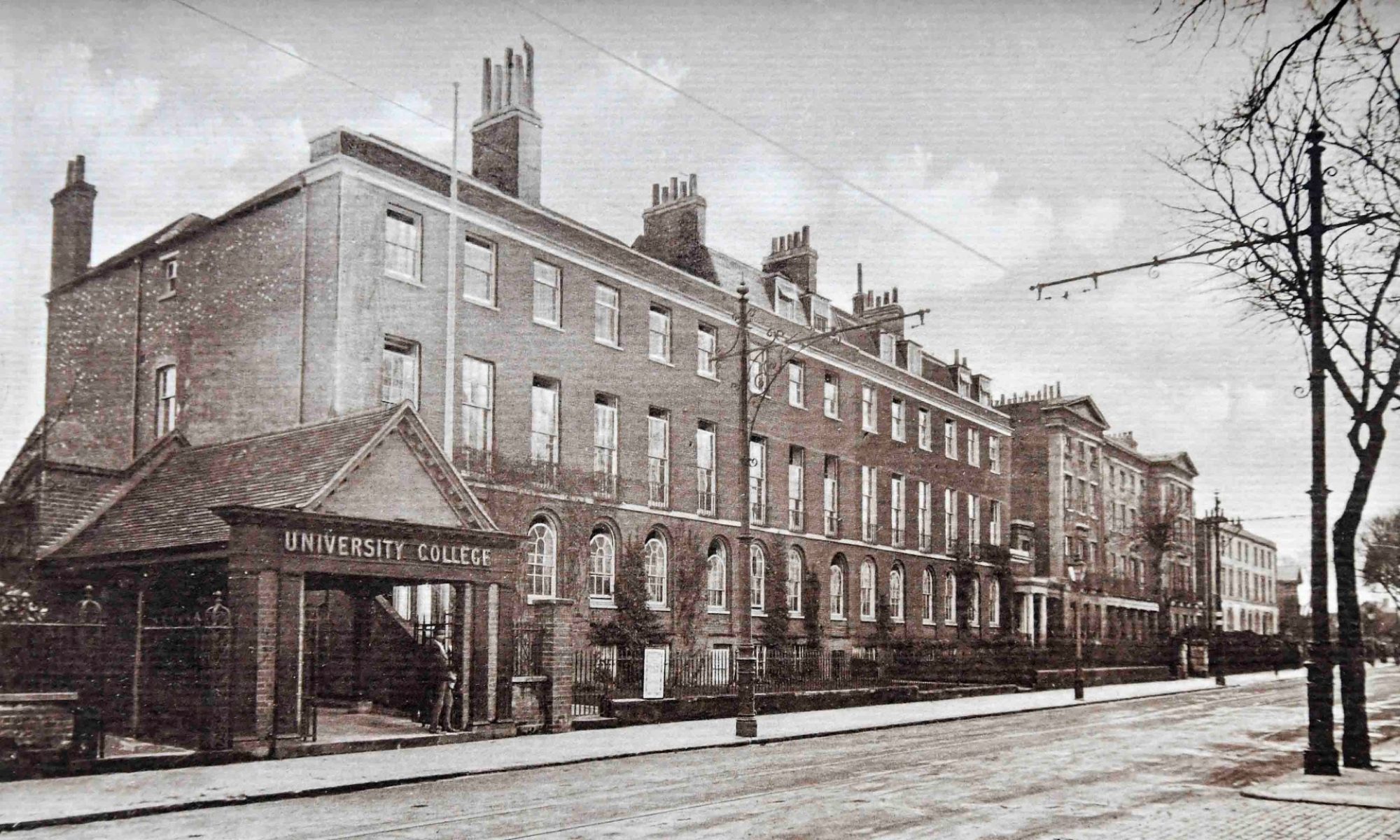In a discussion of changing social customs and forms of address, Edith Morley recalls that:
‘In my undergraduate days, women – even students and colleagues – carefully ‘miss-ed’ each other in public unless they resorted to nicknames. Christian names were used only in private and then only between close friends. Men called each other by their surnames, and little boys at prep schools forbade their parents to address envelopes with their Christian names ….’ (Morley, 1944/2016, p. 94)
I had never encountered the verb ‘miss’ in this sense. I imagined that Morley had coined it herself. After all, who better than the Professor of English Language to do this? A check in the Oxford English Dictionary, however, turned up citations from 1824 and 1863 with the meaning ‘To address as ‘Miss”. The usage is described as ‘obsolete‘.
On the award of her professorship in 1908, her correct title became one of many sources of friction:
‘…. for months after its conferment some of the College clerks, probably with the connivance of their superior officer, persistently refused to use the title on official communications sent to me, until I was forced most reluctantly to take note of the omission.’ (p. 118).
Like all women on the staff, she appeared in the College Calendar as ‘Miss’. This continued even after she became Professor Morley, using ‘Professor’ more as a job description for a Head of Department than a title:

The ‘Miss’ was dropped from the Calendar from 1914-15 onwards, but, unlike male colleagues, her initial was replaced by her first name:

In spite of the change of policy for the Calendar, however, the use of ‘Miss’ continued erratically elsewhere in official documents. For example, in 1940 the University Gazette announced her impending retirement, describing her as ‘Miss Edith J. Morley, M.A., Oxford; F.R.S.L.; Professor of English Language.’ (p.11).
It was Edith Morley’s retirement and inconsistencies in the report in the Proceedings of the University, however, that provoked this post in the first place. Note the differences between these two ‘tributes’, both of which are contained in the same volume for 1939-40.


The first, by George Mowbray, President of Council, uses her professorial title and is a brief, but glowing tribute to Morley’s contribution to the growth of the College and University, her teaching and her ‘researches’ (see note below).
The second, by Franklin Sibly, Vice-Chancellor, is even briefer; her title is ‘Miss’ and it focuses on her length of service with no mention of her academic achievements. It has a distinct air of ‘faint praise’.
I know of no acrimony between Sibly and Morley. In fact, Morley is warm in her praise of him; of Sibly’s retirement in 1946 she wrote, ‘His wise council and genial personality will be sorely missed.’ (p.124).
Nevertheless, retirement was an uncomfortable prospect for Morley and probably caused some friction, particularly as she was aware that her Chair of English Language was to be abolished, and both Language and Literature placed in a unified English Department under Professor Dewar. The extent of her distress at this prospect is expressed in her ‘Reminiscences’:
‘It was a galling and unhappy result of my insistence on my position and one which I could never forget.’ (p. 117).
Postscript
Following her retirement, the University’s Proceedings of 1940-41 recorded that Morley had been awarded the title of ‘Professor Emeritus … in virtue of the conspicuous services rendered by her to the College and University as Professor of English Language.’ (p. 1).

A Note on ‘Researches’
The plural ‘researches’ in the first tribute caught my attention. Its occurrence as a count noun in formal written contexts is rare nowadays; its use by our international students is often corrected and, together with words like ‘informations’, is a common feature of English in multilingual contexts (English as a Lingua Franca) and of second-language learners of English.
Nevertheless, it is nothing new; the Oxford English Dictionary has citations of the plural from 1748 onwards, two of which are from the 20th and 21st centuries.
Sources
Morley, E. J. (2016). Before and after: reminiscences of a working life (original text of 1944 edited by Barbara Morris). Reading: Two Rivers Press.
Reading University Gazette, Vol. XIII. No1. July 31, 1940.
University of Reading, Calendar, 1941-42.
University of Reading. Proceedings of the University, 1939-40 & 1940-41.
